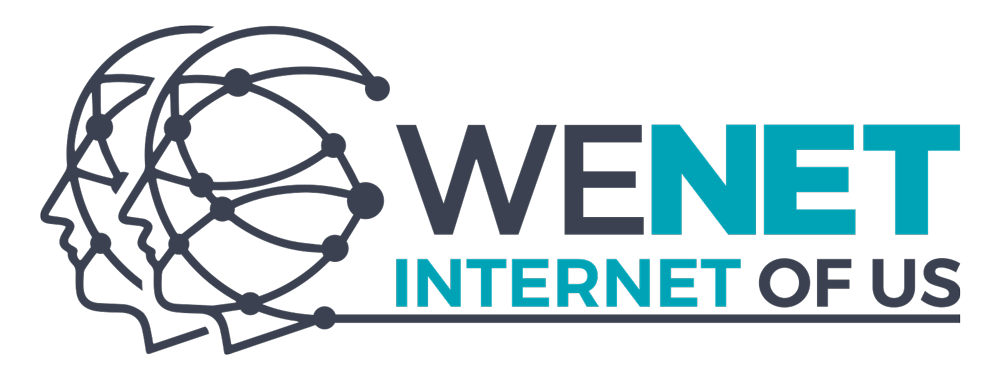
Focus of the Special Issue
Diversity is a key distinguishing feature of life: there will never be two identical individuals or two identical social relations. This variability, which also exists across time, could be, e.g., in terms of: geographical locations or mobility constraints; personal or interpersonal skills; cultural, religious, or socio-economic statuses; beliefs, desires, or intentions; access to power and political influence.
Awareness of diversity allows us to exploit it in everyday life, often without even realizing it. We ask a doctor for a diagnosis and a treatment when we are sick, we call up a plumber if a pipe leaks in our house, and look for someone speaking both our language and Chinese if we need to sort out arrangements for a stay in Beijing. At the same time, being exposed to diversity can make us feel uncomfortable (and inadequate if we do not know how to face it), causing anxiety and fear.
In the past two decades, the Internet, globalization, and the emergence of global digital platforms have transformed our lives and transcended geographical and cultural boundaries. Thanks to the Internet, the Web, and social media, it is easy to connect to people across different continents, living in a different culture, in a different social context, with different social norms, with different habits, and speaking a different language. The amount of diversity that users have access to has increased exponentially, and the exposure of users to diversity happens on a regular basis, with most of it being unexpected, and representing the ‘unknown unknowns’. Yet, humans have the same instruments and skills to deal with diversity that our grandparents had half a century ago, even though the level of diversity they were exposed to was much more limited. Technology has provided us with an increasing access to, and awareness of, diversity, but it fell short of providing the instruments for individuals and communities to cope with the social challenges that follow.
This AI Communications Special Issue seeks contributions on how to overcome the limitations of existing systems by empowering richer and deeper social interactions through Human-Aware Artificial Intelligence. Human-awareness is the ability to cope with, and capitalize on, this multidimensional variability across humans, by being robust to variations / changes across human characteristics that are not consequential for the problem at hand, while also being sensitive to the variations / changes of those human characteristics that are. The sensitivity requirement essentially implies that any generalization made to support robustness should be unbiased and fair, in that it will not reduce any individual into simply a member of some group, with the group’s characteristics ending up overshadowing the individual’s characteristics, and leading to discriminatory actions or inactions in relation to that individual. At the same time, we are conscious of the fact that discrimination and stigma are societal issues and may not be solved by technological solutions alone.
The vision is that of enabling a Hybrid Human-AI online platform, “The Internet of Us”, which will be robust to the many forms of diversity and to the fact that most of them will be unexpected and unknown. It is a move from a network of computers, which in turn may be connected to people, to a hybrid network of people and technological systems, where the interactions are mediated and empowered by AI. In the same way the Internet connects computers by abstracting over their diversity via the creation of a common communication layer, the aim here is to connect people and augment their social interactions, by creating a common human-level communication layer that abstracts over their diversity towards a better and more inclusive society.
The ultimate goal of an online platform that is “The Internet of Us” can be stated as follows:
“For any person, provide them with the means to find and interact with the best-suited person and/or AI who can help them deal with their current needs.”
Call for Contributions
Contributions are sought that report on mature and highly interdisciplinary research with a focus on the human involvement in the development of meaningful paradigms of AI-enabled human-human interactions, human-AI interactions, and human-centered AI-AI interactions. An indicative list of disciplines and sub-disciplines that we expect to be relevant are: Autonomous Agents and Multi-Agent Systems, Ethics, Human-Computer Interaction, Knowledge Representation and Reasoning, Machine Learning, Ontologies, Privacy, Social Computing, Social Psychology, Social Sciences.
Any contribution relating to the general theme is welcome. The following is a non-exhaustive list of suggested topics:
Submission and Review
The submission deadline is November 30, 2023. However, we would appreciate it if you could register your interest to submit a paper by completing the following form at your earliest convenience: https://forms.gle/vsVjJrCwXE8Nh9YU6
Special Issue Editors
- Loizos Michael, Open University of Cyprus & CYENS Center of Excellence, Cyprus
- Amalia de Götzen, Aalborg University, Denmark
- Amarsanaa Ganbold, National University of Mongolia, Mongolia
- Matteo Busso, University of Trento, Italy
For any further inquiry, you can contact the organisers of the connected HHAI workshop – please see this page for contact details


